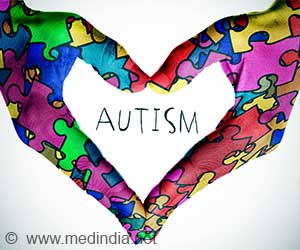The deep learning algorithm can detect potential skin cancers or melanoma with the same accuracy as dermatologists in early tests.

- Computer scientists from Stanford University built an artificially intelligent algorithm that uses deep learning to detect early-stage skin cancers.
- A database of almost //130,000 images of skin lesions representing more than 2,000 different diseases were gathered.
- The artificial intelligence was capable of classifying skin cancer with a level of competence comparable to dermatologists.
TOP INSIGHT
Advances in computer-aided classification of benign versus malignant skin lesions could greatly assist dermatologists in improved diagnosis for challenging lesions.
The researchers built a database of almost 130,000 images of skin lesions representing more than 2,000 different diseases. They then took a Google-developed algorithm designed to distinguish cats from dogs, and adapted it to their skin cancer problem by feeding it each image as raw pixels and an accompanying disease label.
"There's no huge dataset of skin cancer that we can just train our algorithms on, so we had to make our own," said Brett Kuprel, co-lead author of the paper. "We gathered images from the internet and worked with the medical school to create a nice taxonomy out of data that was very messy – the labels alone were in several languages, including German, Arabic and Latin."
The team then had 21 trained dermatologists diagnose cancerous and non-cancerous lesions from over 370 images. It then put its new algorithm to the test, tasking it with identifying the most common skin cancers, and then separately identifying the deadliest of skin cancers: malignant melanomas.
"We realized it was feasible, not just to do something well, but as well as a human dermatologist," said Sebastian Thrun, an adjunct professor in the Stanford Artificial Intelligence Laboratory. "
Reference
- Andre Esteva et al., Dermatologist-level classification of skin cancer with deep neural networks, Nature (2017) doi:10.1038/nature21056.
 MEDINDIA
MEDINDIA




 Email
Email










